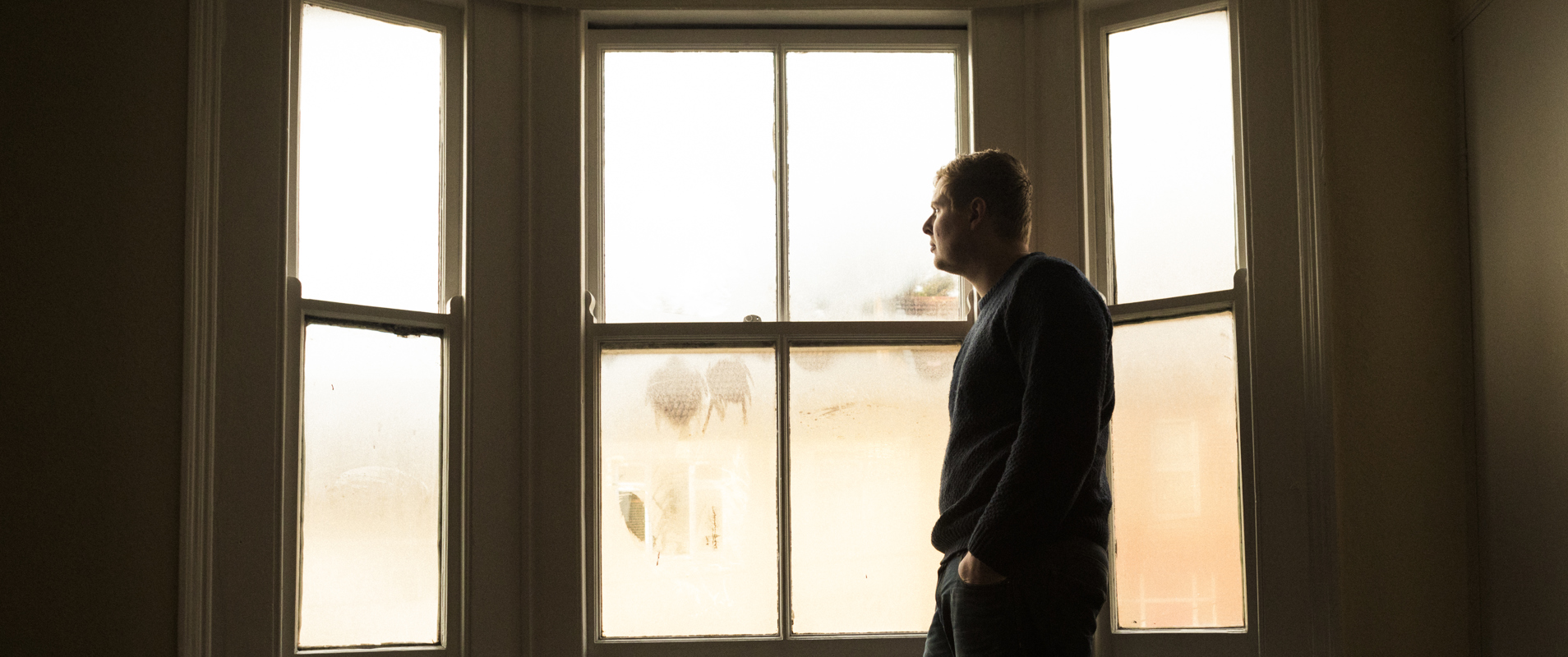
The hidden housing crisis facing older people in Britain
Last updated: 01.08.2025
The “golden years” of older age and retirement have traditionally been associated with slowing down, spending time with grandchildren, and pursuing various leisure activities. More recently, ideas of older age have expanded to recognise the opportunities many enjoy to travel, volunteer, or explore other new endeavours.
These aspirations are grounded in financial freedom and housing security, giving the means to live freely, pursue new interests and enjoy the fruits of the labour of their working years’. Yet our new research shows just how far away those ideals are for many older people in Great Britain.
The costs of the escalating housing crisis are driving some people in later life to cut back on hobbies, turn off the heating and spend less time with their loved ones. Many are looking for work again and are putting off retirement. The research highlights the fears older people have about becoming homeless in their retirement, and the harsh impacts when these fears become a reality.
Housing precarity in later life
Strikingly, despite many older people we surveyed stating the importance of housing in their retirement planning, the research shows that nearly half (47%) of older people with low incomes said that they would have nowhere to go if they lost their home. And nearly one in five (17%) said they wanted to retire but could not because of their housing costs.
The findings drew on a survey of over 1,600 people aged 55+ on low incomes across Britain as well as 13 in-depth interviews with people facing homelessness. They highlight that a severe lack of affordable and suitable housing is driving up housing insecurity for people approaching retirement and those already retired.
I'm not getting enough money. So, we are basically struggling with the council tax and with the rent and all the bills, put it that way, all the bills. We are struggling (Female, England, 64 years old)
The research also showed that rather than easing into retirement and enjoying themselves, over two-fifths (43%) of older people with a low income are experiencing increased stress and worry because of their housing costs. Nearly a third (31%) explained that they had stopped doing hobbies as part of cutbacks and savings they are having to make to afford their housing.
With nearly three quarters (73%) of older people saying their living costs are higher than ever, many (57%) had taken other measures to help meet housing costs. This included two-thirds of those surveyed (66%) saying they avoided using hot water, heating and electricity where they could. Given the increased likelihood of health issues in older age this is a worrying trend.
Other findings highlight the on-going impact of the housing crisis on older people. Nearly two thirds (64%) of respondents said they were going out less often with many seeing friends and family less. Consequently, nearly a third (28%) stated the changes they had to make to cover their costs had left them lonelier and more isolated. Half (50%) were getting into debt to meet housing costs through borrowing or going into their overdraft.
The cost of finding a flat is very expensive. I wait for the flat, you have to furnish the flat, you have to move your things in, it's expensive, basically expensive (Male, Wales, 72 years old)
Sadly, some reported that their housing situation made looking after others they cared for – grandchildren, partners etc. – harder. Also almost one in ten (8%) of those already retired said they were going to look for work again to help meet housing costs rather than pursue their own interests.
Prevalence of older age homelessness
Not only are many older people with a low incomes feeling the impact of cutbacks they had made to meet their housing costs, some are facing real fear of homelessness. Nearly a fifth (17%) of those renting privately feared homelessness in retirement and nearly 1 in 10 (9%) of older low-income renters feared that they would be at risk of homelessness in the next 12 months. Unsurprisingly, a third (33%) of low-income renters worried most days about how they would meet their housing costs. Less than half (49%) of low-income older people said they would be able to afford somewhere to live if they were to lose their home.
“I was really bad because I lost half a stone in weight... I just couldn't eat, I was in a terrible state.” (Male, England, 75 years old)
Statutory homelessness data across England and Scotland shows that their concern is well-founded. In England, older people facing homelessness has risen by over 50% over the past five years and the numbers trapped in temporary accommodation are starting to follow suit, with a 35% increase in the number of over 55s in temporary accommodation since March 2022. Scotland has also seen increasing numbers of older people facing homelessness and trapped in temporary accommodation over the last two years.
Older people interviewed as part of this research described the harsh consequences when homelessness in later life turns from fear to reality. Many experienced the brutal experience of being forced to sleep rough in older age. One man explained how he had to crawl over to a lamppost to pull themselves up after sleeping on the streets. Many said their experience of homelessness was made worse by old age, leading to their health deteriorating. Another individual shared how they were unable to manage their diabetes due to the lack of cooking facilities in their temporary accommodation.
It can be very lonely. It can be worrying because you don't know when you're going to get rehoused. I was in a one room and a little en suite bathroom. In temporary accommodation, and you sit there, and you're thinking to myself, "how long is it going to take to get the flat because I can't live like this?" It was a shock to the system going in there, it was a lot of anxiety (Male, Wales, 55 years old)
Sadly, homelessness figures are likely set to rise in the near future with the aging population profile of Great Britain and increasing numbers of older people relying on the private rented sector to house them. With older age poverty predicated to rise, older people working longer, and lack of affordable and suitable accommodation available to meet the needs of older people, the risk of homelessness increases.
However, this is not inevitable. There are vital policy levers that can be pulled in the UK Government’s upcoming homelessness strategy, such as fulfilling commitments to increase the supply of affordable and social housing so people can access safe and secure homes without delay. This must be backed by the encouraging funding announced in the recent spending review, with the Government specifying that 60% of the homes delivered will be for social rent. We must also see a reversal of the freeze on housing benefit, which has cut how much money people have to cover their rent. At the same time, it’s important to remember that homelessness doesn’t have to exist and that we can identify and stop it by strengthening our support systems.
Without these commitments, more older people will experience the fear and cruel realities of homelessness. For them, their older age will not be defined by new opportunities and experiences and spending time with loved ones. Instead, it will see them having to going back to work and taking on more debt just to secure somewhere to live. Somewhere that could be called home, a secure and safe foundation for the rest of their lives. A haven from the inequities and uncertainties of the housing market, which by now they should have left behind.

Ben joined Crisis in 2012. Prior to Crisis, Ben worked at The Open University, Goldsmiths College, and The Young Foundation.
